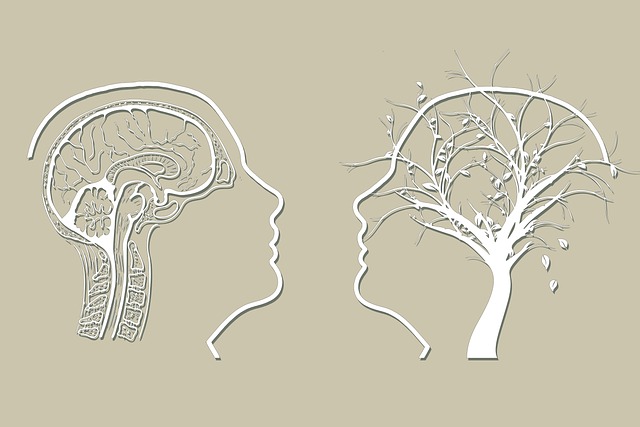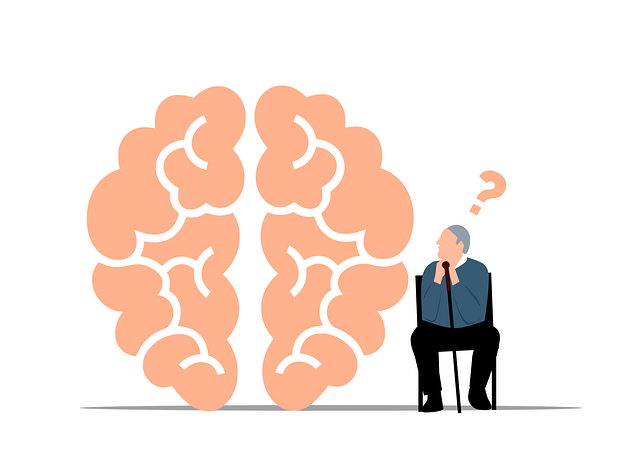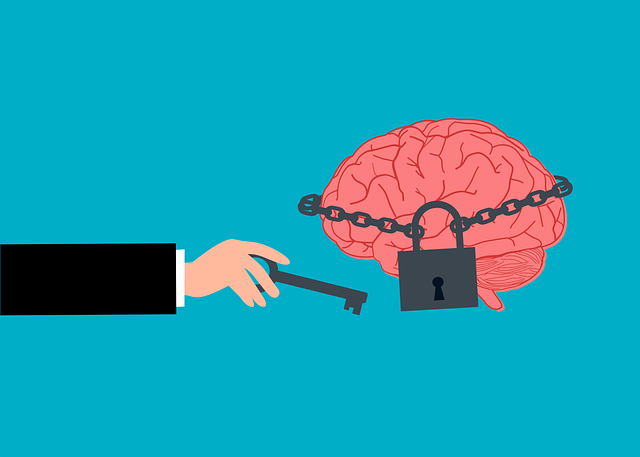Mood regulation through Lafayette Relationship Issues Therapy (LRIT) is vital for emotional well-being in today's stressful world. LRIT combines cognitive reframing, mindfulness training, and communication skills to target relationship-rooted emotional challenges, offering a safe space for exploration and resolution. Techniques like challenging negative thought patterns and mindfulness meditation enhance emotional intelligence and resilience, while lifestyle adjustments like exercise and balanced routines provide a foundation for mental health. LRIT's evidence-based practices, including CBT and stress management workshops, lead to improved mood regulation, healthier boundaries, and long-term stability.
Mood regulation is a crucial aspect of emotional well-being, enabling us to navigate life’s challenges with resilience. This article explores various effective strategies for managing moods, from understanding emotional balance to practical techniques and lifestyle adjustments. We delve into the therapeutic power of Lafayette Relationship Issues Therapy as a game-changer in mood management. Additionally, cognitive techniques, mindfulness practices, and lifestyle changes are examined, providing a comprehensive guide to achieving and maintaining emotional harmony.
- Understanding Mood Regulation: Unraveling Emotional Balance
- The Role of Lafayette Relationship Issues Therapy in Mood Management
- Cognitive Techniques: Challenging Negative Thought Patterns
- Mindfulness and Meditation Practices for Calmness
- Lifestyle Adjustments: Nurturing Well-Being Through Routines
Understanding Mood Regulation: Unraveling Emotional Balance

Mood regulation is a vital aspect of emotional well-being, especially in navigating Lafayette Relationship Issues Therapy. Understanding how to manage and balance emotions effectively is crucial for maintaining mental health and fostering healthy relationships. Emotional balance isn’t about suppressing feelings but rather learning to identify, accept, and respond to them constructively. This involves recognizing the intricate interplay between thoughts, feelings, and behaviors.
In today’s fast-paced world, where stress and pressure can lead to burnout prevention, developing robust mood regulation strategies is essential. Mental health professionals often emphasize the importance of risk management planning as a tool for navigating emotional challenges. By adopting techniques such as mindfulness, cognitive reframing, and healthy coping mechanisms, individuals can enhance their ability to handle difficult emotions, reduce the impact of trauma support services, and promote overall mental resilience.
The Role of Lafayette Relationship Issues Therapy in Mood Management

Lafayette Relationship Issues Therapy (LRIT) plays a pivotal role in mood management by addressing underlying emotional challenges rooted in interpersonal relationships. This therapeutic approach recognizes that our connections with others significantly impact our mental well-being, and it offers a safe space for individuals to explore and resolve complex relationship issues. Through LRIT, clients learn effective communication skills, develop healthier boundaries, and gain insights into their emotional patterns, all of which contribute to improved mood regulation.
Incorporating techniques from evidence-based practices such as cognitive behavioral therapy (CBT) and mindfulness training, LRIT empowers individuals to manage stress effectively. This holistic approach not only helps in the immediate context but also fosters long-term resilience by encouraging inner strength development. Furthermore, participating in Stress Management Workshops Organization or engaging in Mental Health Policy Analysis and Advocacy can complement LRIT, providing a multi-faceted strategy for enhancing mental health and overall mood stability.
Cognitive Techniques: Challenging Negative Thought Patterns

Cognitive Techniques, such as challenging negative thought patterns, are powerful tools in mood regulation and can be particularly effective for those seeking Lafayette Relationship Issues Therapy. By identifying and questioning distorted thinking, individuals can shift their perspective and reduce emotional distress. This process involves recognizing unhelpful cognitive biases, like all-or-nothing thinking or catastrophizing, and replacing them with more realistic and balanced thoughts.
For instance, if someone is feeling anxious about an upcoming event, they might tell themselves, “I always mess things up.” A cognitive technique would encourage them to challenge this thought by considering alternative perspectives—like, “I’ve successfully completed similar tasks in the past” or “Even if I face a challenge, I can learn from it and improve.” These strategies promote healthier thinking habits, fostering better emotional well-being and reducing symptoms of anxiety.
Mindfulness and Meditation Practices for Calmness

Mindfulness and meditation practices have gained significant attention as effective mood regulation strategies, offering a calming counterpoint to the stresses of modern life. These techniques encourage individuals to focus on the present moment, rather than dwelling on past events or anxious future scenarios. By cultivating awareness of one’s thoughts, feelings, and bodily sensations without judgment, mindfulness enhances emotional intelligence and resilience.
Incorporating regular meditation into daily routines can serve as a powerful tool for conflict resolution within relationships, whether these are personal or professional. The heightened self-awareness fostered by mindfulness practices promotes better communication and empathy, key components in navigating Lafayette Relationship Issues Therapy. Moreover, building confidence through mindful awareness can empower individuals to address mental wellness challenges head-on, fostering a sense of equilibrium and composure in the face of adversity.
Lifestyle Adjustments: Nurturing Well-Being Through Routines

In navigating mood regulation strategies, lifestyle adjustments play a pivotal role in fostering well-being. Establishing consistent routines can significantly impact mental health, providing structure and stability to one’s day-to-day life. Simple yet powerful practices such as regular exercise, balanced nutrition, and adequate sleep form the foundation for emotional balance. These habits not only promote physical health but also enhance cognitive function, allowing individuals to better manage stress and regulate their moods effectively.
At Lafayette Relationship Issues Therapy, we recognize that nurturing inner strength is essential for long-term mental wellness. Our comprehensive programs, including Social Skills Training and Mental Wellness Coaching Development, are designed to empower individuals with the tools needed to create and maintain healthy routines. By addressing underlying relationship issues and fostering personal growth, our strategies enable clients to develop resilience and improve their overall quality of life, ensuring a more balanced and fulfilling existence.
Mood regulation is a multifaceted journey, and by incorporating strategies from various approaches—such as Lafayette Relationship Issues Therapy for emotional depth, cognitive techniques to challenge negative thoughts, mindfulness practices for calmness, and lifestyle adjustments for well-being—one can achieve a more balanced and resilient state of mind. These methods empower individuals to navigate life’s challenges with greater equanimity and enhance their overall quality of life.












